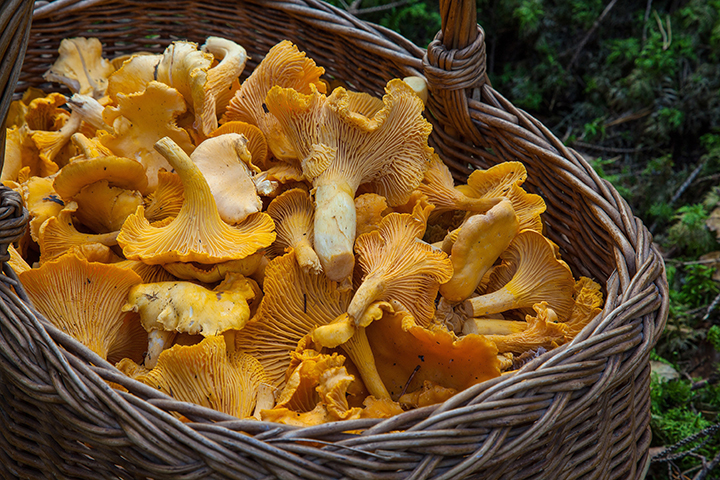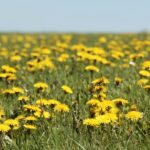People have used mushrooms for an array of purposes for a long time, and now we start getting scientific evidence on how potent they are to treating cancer due to their immune-boosting and anti-tumor properties.
Mushrooms have been used for thousands of years as a remedy to heal physically, emotionally, and spiritually. As early as the 15th century, China and Japan have used the mushroom to treat respiratory infections, strengthen bones and tendons, and increase cellular growth. In the 1970s, both countries approved the mushroom as adjuvant therapy for cancer. Eventually, Western cultures caught onto its benefits and have since conducted clinical trials to investigate its medicinal power.
The turkey tail mushroom, named after the fanned tail feather of a turkey, is a potent weapon found in nature to combat cancer. An extraordinary compound in turkey tail called PSK (polysaccharide K) has shown promising results in treating various types of cancer. Known to enhance the immune system and protect DNA from damage, it contains an array of antioxidants. When used in conjunction with chemotherapy, this compound has shown its ability to extend life expectancy and decrease the chance of recurrent cancer. Furthermore, PSK can increase the number of cancer-killing immune cells and protect the body from radiation during treatment which is especially important as the body endures pain, fatigue, nausea, and other symptoms.
Another unique mushroom called reishi is often referred to as the “mushroom of immortality” because it has been traditionally believed to possess properties that can enhance vitality and promote longevity and strength in Traditional Chinese medicine and Japanese medicine. In Taoism, reishi was used to harmonize the three primary energies: Jing, Shen, and Qi. Jing is known to be a foundational energy unique to each of us, which is passed down from our parents. Shen, or spirit, represents the mental and emotional aspects of our being and is one of the driving forces behind creativity. Qi is the vital energy that circulates throughout our bodies, maintaining our body’s functions and movement. When the interactions between these energies are balanced, our overall system is more vibrant.
The therapeutic effects of reishi on cancer patients are encouraging, and researchers are wondering when its properties will be accepted into the world of pharmaceuticals. One of these properties are polysaccharides called beta-glucans that support the immune system, microbiome, metabolic system, and adaptive immunity. Once broken down, beta-glucans can enhance natural killer cells which destroy tumors. Triterpenes, which have been found to impede the development and spread of tumors, are another group of impressive compounds that share a similar range of anti-cancer properties.
Despite an increase in research on the medicinal properties of mushrooms, a significant portion of their potential as anti-cancer agents has not been fully explored. However, we know enough to determine that they are a worthwhile area of study and might deserve an established place in medicine.
As a note, it’s important to do your own research on these effects and consult with a healthcare professional before incorporating any medicinal mushroom products into your own health regimen.
Lauren Dunn
MIS researcher and writer
Know someone who might benefit from this article? Share it.




